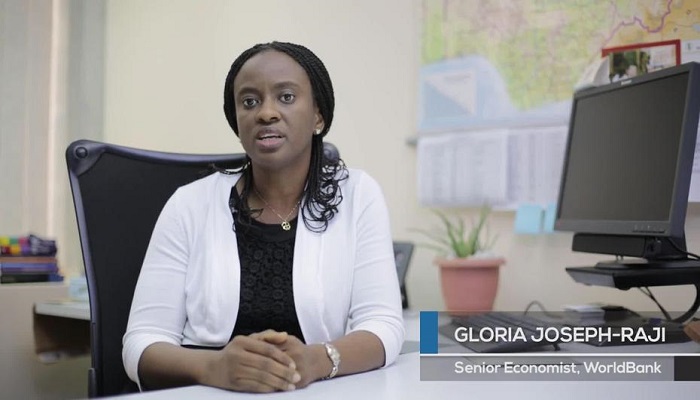In yet another about turn, the World Bank has denied media reports that it had faulted the Federal Government’s plan to increase external financing to fund infrastructure spending. The bank said its Senior Economist for Nigeria Gloria Joseph Raji’s comments were misquoted and taken out of context. The bank had last week, clarified comments made by its President that its projects were focused on Northern Nigeria only.
Why the bank is clarifying its comments
The bank would not want to be seen as opposing the Nigerian Government, as this could cause a strained relationship . President of the World Bank, Jim Yong Kim’s earlier comments that the bank had focused its funding efforts on the North, due to a request made by President Muhammadu Buhari, caused controversy, with critics accusing the President of being partial towards the North. Nigeria plans on raising several Eurobonds before the year runs out, and a negative opinion by the World bank could affect their success.
The original comments are valid
While the statement made by the bank’s Senior Economist Gloria Joseph-Raji may be discomfiting to the government, the sentiments expressed are valid.
Nigeria has a decent debt to GDP ratio, currently about 19 percent. It is the debt to revenue ratio that is of concern and that rate is a sustainable issue. That is of concern to us and is also a concern to the government. The estimate we had for last year at the Federal level was about 60 per cent. That is coming from about 85 per cent in 2015.
Debt to revenue is the proportion of revenue spent paying one’s debt. Plainly put, the federal government is spending 60% of every Naira earned, on serving its debt. Juxtaposing that with the huge proportion of the budget, going to recurrent revenue, the government is essentially borrowing to pay salaries. Government is largely dependent on crude oil revenues for income, and an oil price shock could lead to the nation struggling to pay its debt.
